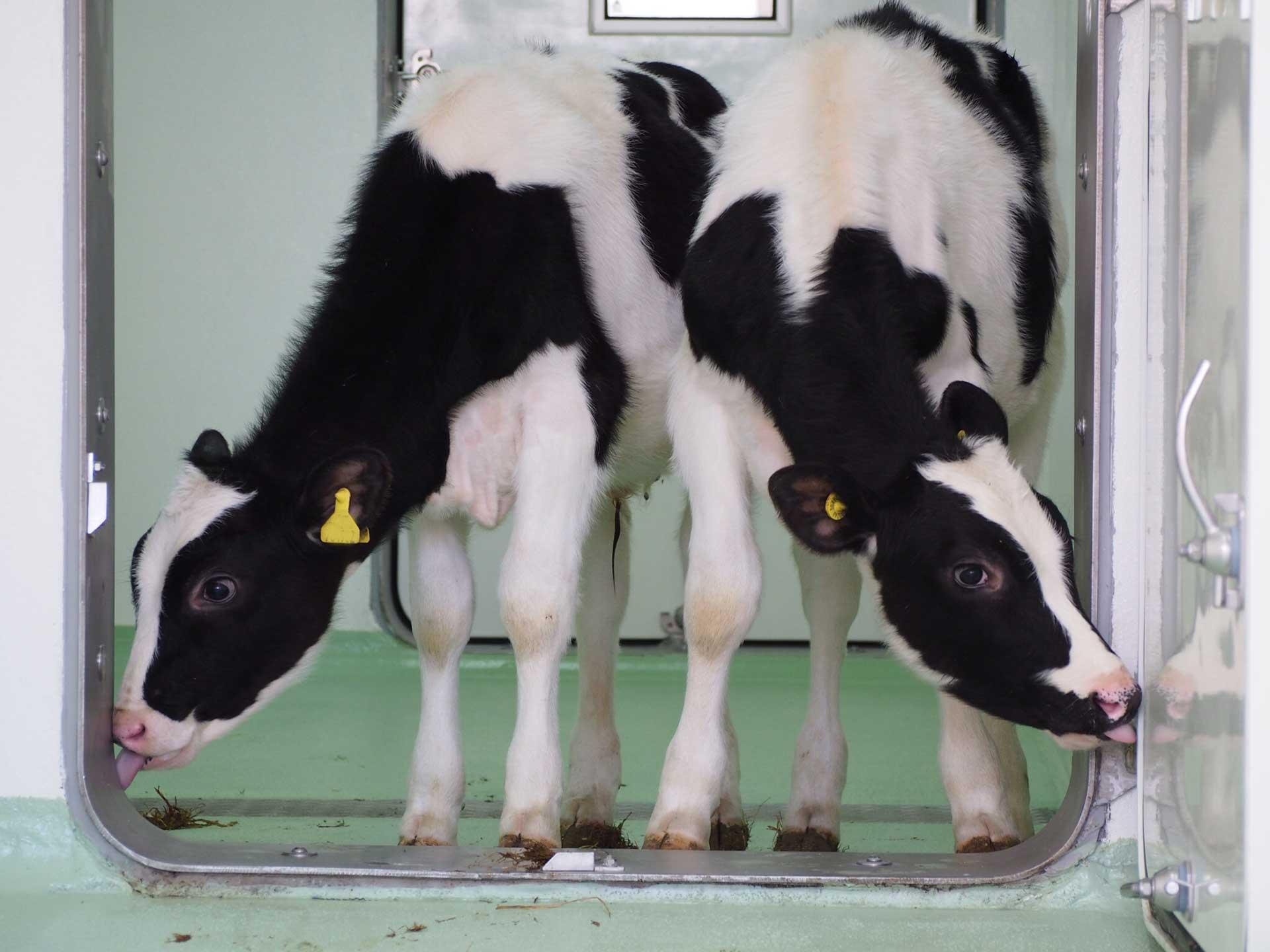A new website launched today (14 June) provides unique access to the animal research facilities at The Pirbright Institute which support its world-leading scientific research into livestock viral diseases and helps save countless animal and potentially human lives, globally.
Produced and filmed by Understanding Animal Research, an organisation that promotes openness and better understanding about animal research in the UK, the Lab Animal Tour was filmed at Pirbright and at three other research centres (the University of Oxford; the University of Bristol and MRC Harwell Institute), and provides the viewer with an interactive 360 virtual tour of the animal facilities.
Pirbright is supporting the Lab Animal Tour project as part of its corporate commitment to the Concordat on Openness on Animal Research in the UK. The Institute signed the Concordat in 2014 (the year it was launched) and is a signatory along with over 100 other research bodies and universities.
The Pirbright tour features several scientists who explain why animals are so essential to their research, and also includes interviews with the Animal Technicians who ensure high standards of care and welfare for the animals at Pirbright day to day.
Dr Bryan Charleston, Director of the Institute and a world leading expert on foot-and-mouth disease who features in the Pirbright Lab Animal Tour, said: “Our crucial and life-saving research to develop new viral disease control methods such as veterinary vaccines and diagnostics, would not be possible without the proportionate use of animals.
“Much of our work is carried out in high-containment as the viruses we work on are extremely infectious which makes it difficult to give the public access. This new Lab Animal Tour provides a unique opportunity for the public to see inside our high-containment facilities and highlights our commitment to the welfare of the animals that are used in our research.
“The Institute is the only facility in the UK that is equipped and permitted (by government) to test foot-and-mouth disease (FMD) in large animals. This is central to our unique, national role to predict, prevent and control high-consequence livestock disease in the UK and underpins our reputation as a global centre of expertise on virus diseases such as FMD, bluetongue and African swine fever.”
Scientists at Pirbright are committed to the principles of the 3Rs: reduction (in numbers), refinement (of procedures) and replacement (with laboratory procedures) of experimental animals and proactively seek alternatives to, or ways of limiting live testing as part of this commitment.
The Institute is committed to providing high standards of animal care and welfare. Our Animal Technicians are specialists in the care of animals, who have been trained in daily animal handling and husbandry, and the ethics of using animals in research. The Institute operates under the Animals (Scientific Procedures) Act 1986 (ASPA), and in common with all research establishments, has been assigned a Home Office Inspector whose role is to monitor standards, practices and compliance with ASPA. The Inspector visits the facilities periodically and often unannounced.
More information about our work with Animals in Research, how we care for them is available from the Institute’s website.
